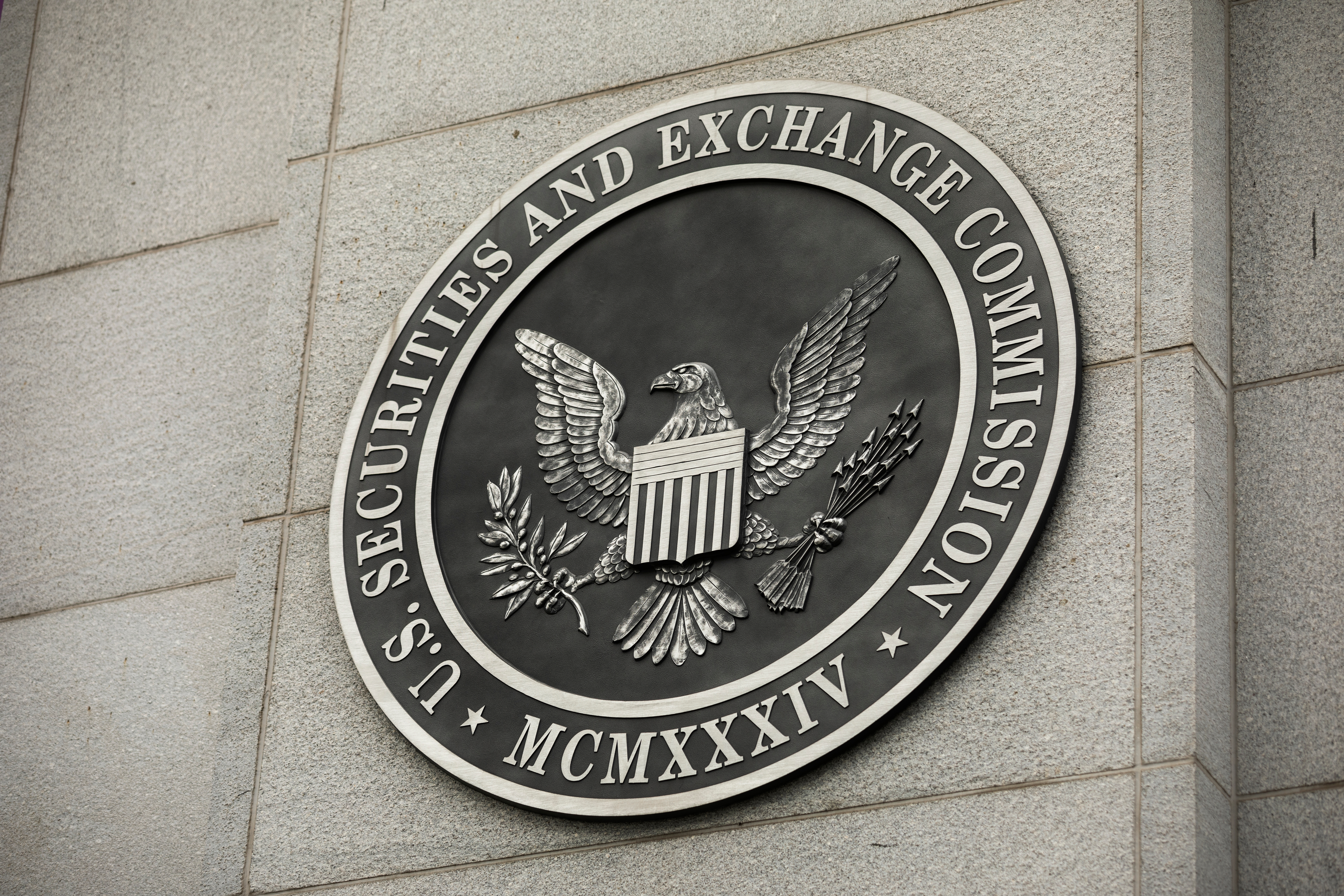UBS Financial Services has reached an $8m settlement with the Securities and Exchange Commission (SEC) after the brokerage failed to prevent investors from holding a volatility-linked exchange-traded note (ETN) for unsuitably long periods.
The SEC deemed the firm to have willfully violated sections of the Investment Advisers Act 1940, having allowed financial advisors (FAs) in its discretionary Portfolio Management Program (PMP) to purchase and hold the iPath S&P 500 VIX Short-Term Futures ETN (VXX) for time spans inconsistent with the product’s own offering documents.
Designed to offer short-term exposure to implied volatility in the S&P 500 index, VXX replicates a strategy of continuously maintaining a rolling portfolio of one-and-two-month futures contracts on the CBOE volatility index (VIX).
Holding this strategy over long periods not only exposes investors to periods where the VIX might move in a negative trajectory – for instance returning -60% between mid-January 2016 and mid-January 2018 – but also incurs large sums of roll costs factored into VXX’s returns due to constant daily buying and selling.
In the SEC’s view, UBS failed to shield PMP clients from these preventable losses by not adopting and implementing measures to stop VXX from being used as a buy-and-hold investment.
The firm did have some controls in place regarding the use of VXX including a 3% concentration limit on volatility-linked ETPs within PMP accounts and a written policy that required firms to monitor PMP accounts for compliance with concentration limits, however, UBS failed to implement its system of monitoring and enforcement in practice, and did not take account of holding duration, the SEC noted.
The regulator said UBS’s system stopped monitoring for VXX when the product received a new Committee on Uniform Security Identification Procedures code following a reverse split in October 2012 after which the company did not input the new identifier into its monitoring system.
“Thereafter, the system failed to monitor VXX holdings until September 2017,” the SEC stated. “When the problem was fixed in September 2017, the system did not account for days that accounts had already been in violation, but rather began counting days from the date the problem was fixed.
“During the relevant period, UBS lacked any procedure for regularly auditing the system to determine whether it continued to detect violations of the PMP investment guidelines.
“Between January 2016 and August 2017, during which time UBS’s system for monitoring and enforcing the 3% concentration limit was not functioning, 38 PMP FAs held excess concentrations of VXX in 637 PMP accounts.”
In all, the SEC estimated 1,882 client accounts held VXX for extended periods with “hundreds” holding VXX for more than a year resulting in “meaningful losses” on their investments.
SEC fines S&P Dow Jones Indices $9m over volatility index failures
Worryingly, financial advisers with more than five years’ worth of experience were allowed to use their discretion to invest in VXX, and did so for prolonged periods, despite being required to complete an online training module on the intricacies of futures-linked securities prior to investing.
In October 2017, UBS made VXX an ineligible holding in its PMP accounts. The firm then prohibited further purchases of the product and required PMP accounts still holding it to exit those positions by January 2018.




